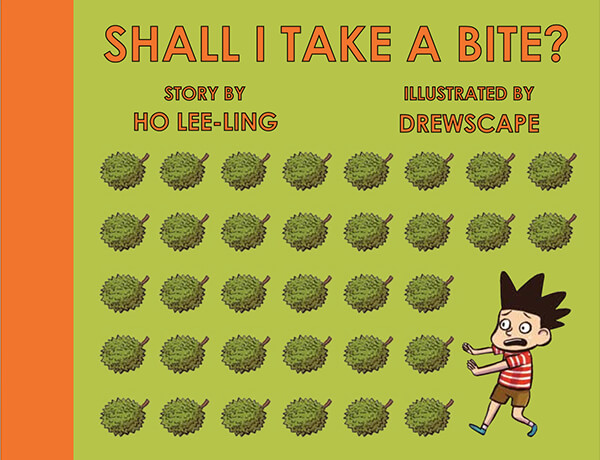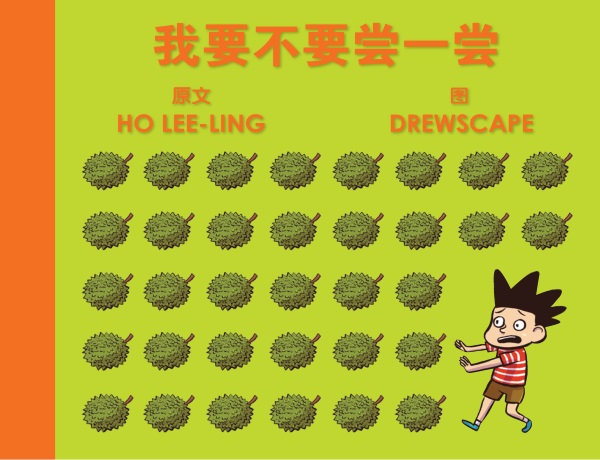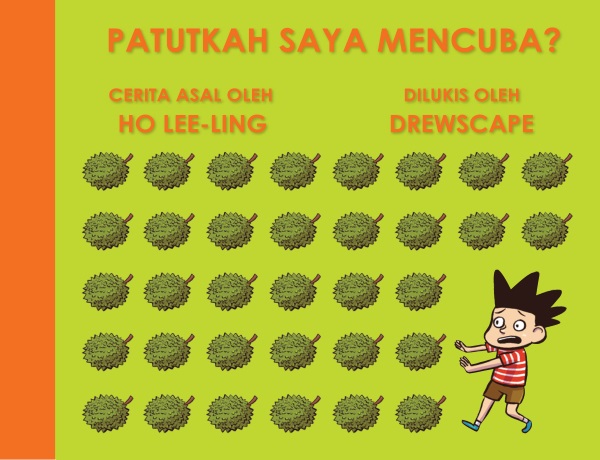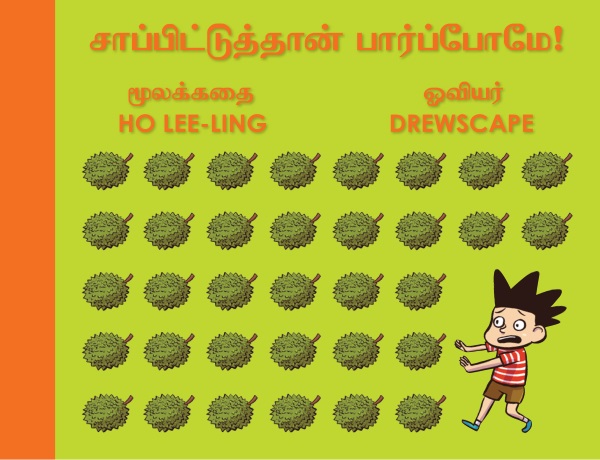Home >
Nurturing Early Learners >
Values, Social and Emotional Competencies, Learning Dispositions >
Learning Dispositions >
Reflectiveness
Reflectiveness
What is reflectiveness?
Reflectiveness is the ability to think about what you have done, seen, heard or felt in your experiences to generate alternative ideas and gain new knowledge. Some child-friendly slogans are:
- Think back
- Learn from it
- Do it better
Why is reflectiveness important?
Reflectiveness helps children to gain knowledge and apply what they have learnt to different situations in the future.
How can you nurture reflectiveness in your children?
How might children demonstrate reflectiveness?
Here are some examples of how children might demonstrate reflectiveness through their actions, speech and behaviour:
- Ask questions to clarify what they have done, seen, heard or felt.
- Share their feelings, thoughts and opinions regarding their experiences, choices or decisions.
- Explain how they solve problems or resolve conflicts with peers.
- Talk about what they have learnt from an experience or mistake and how they can do better the next time.
Local story
Shall I Take a Bite? by Ho Lee-Ling (2011)
The main character in the story goes through the reflective process as he thinks about durian, his least favourite fruit. Using the story of the main character's reflection on durian, guide children through the process of "Think Back, Learn from it, Do it better" with the following steps:
1. Introduce the story
Introduce the story of the main character's reflection on durian, his least favourite fruit.
2. Discuss
Engage children in a discussion about the main character's reflective process and how he thought about his least favourite fruit.
3. “Think Back”
Encourage children to think about situations in their own lives where they have faced challenges or dislikes, and prompt them to reflect on how they can learn from those experiences.
4. “Learn from it” and “Do it Better”
Discuss with children how they can apply what they have learned from their reflections to do things better in the future.
5. Apply reflectiveness
Encourage children to think about how they can apply their reflections and learning to similar situations in the future.
Download the book and accompanying teacher’s guide in English, Chinese, Malay and Tamil.
 |
 |
 |
 |
Resources
- Appreciation
- VSLD: How can you do it?
- Printable: PRAISE Learning Dispositions
- Educators’ Guide for Values, Social and Emotional Competencies and Learning Dispositions
- Activity ideas which showcase learning dispositions
